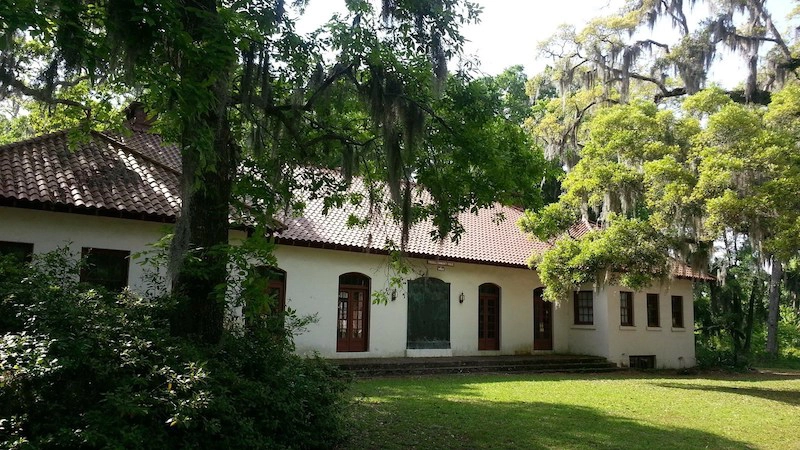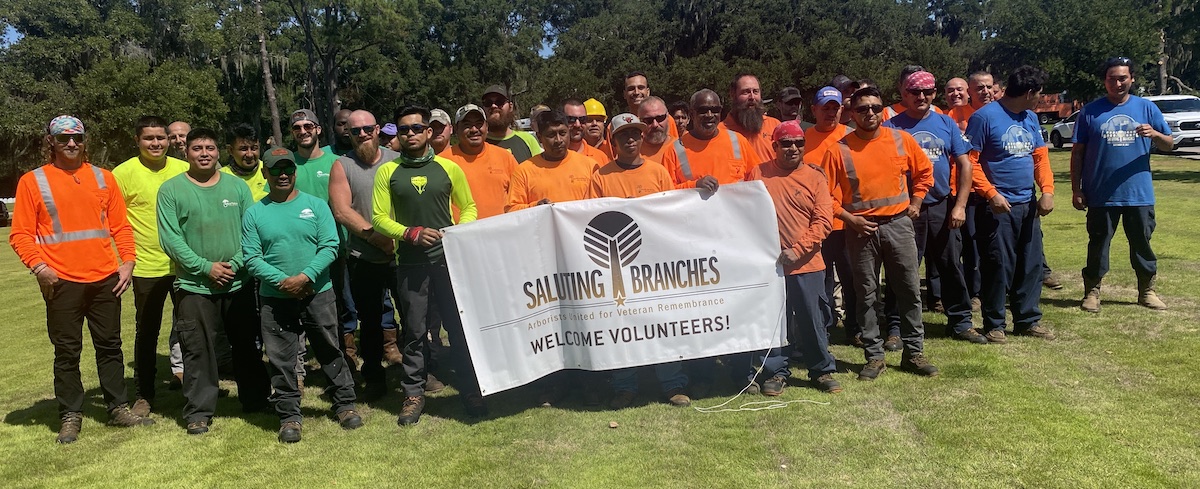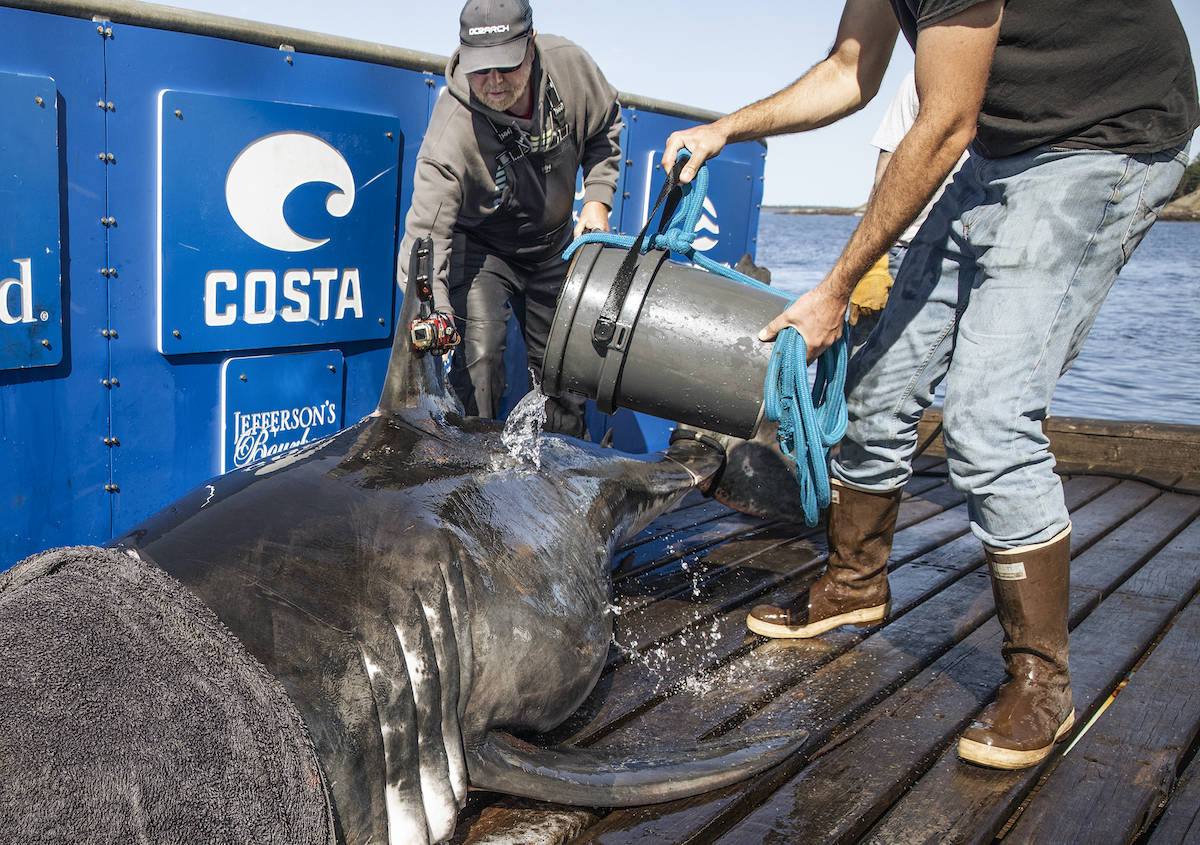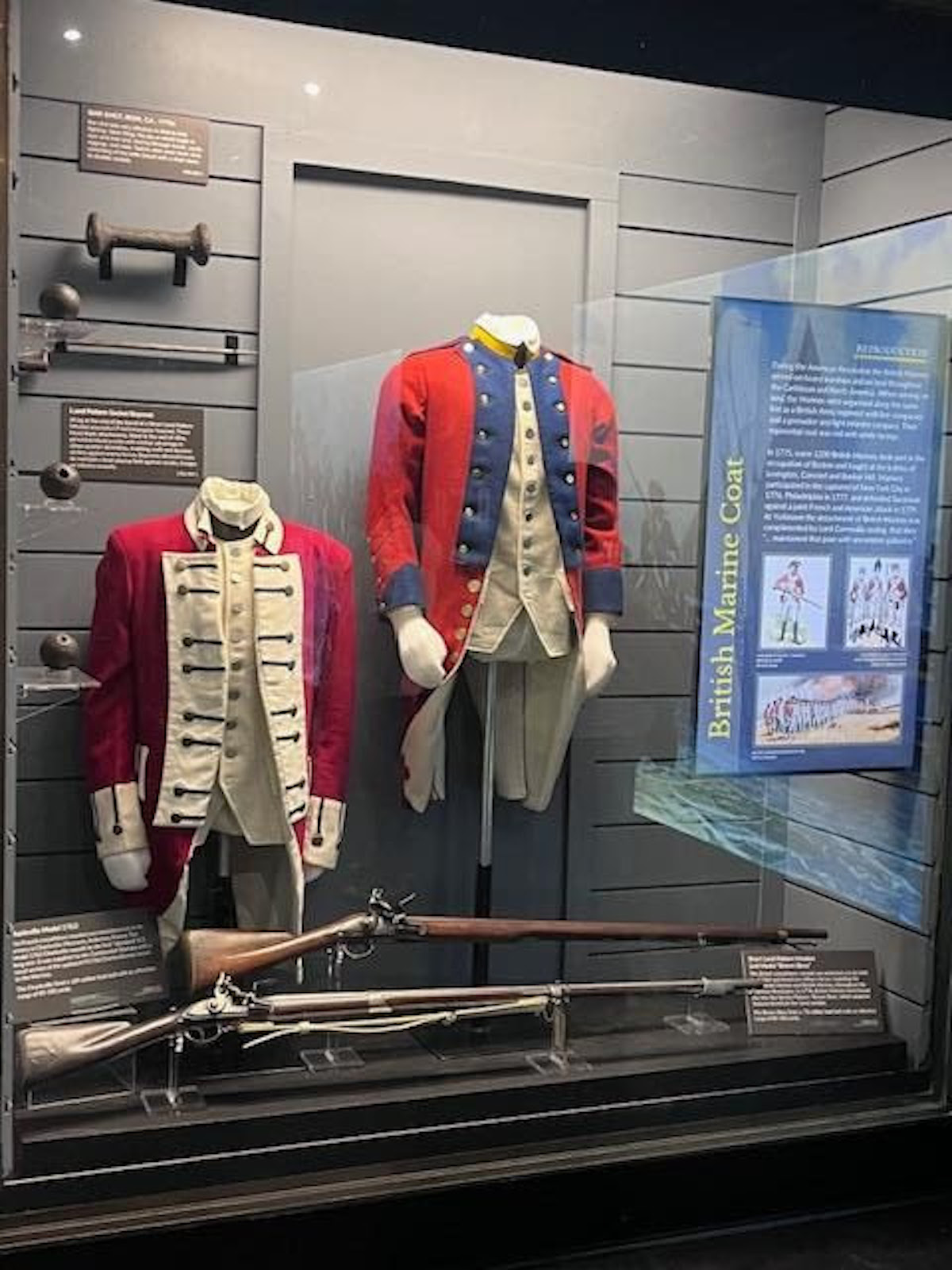Eyewitnesses to the Movement public program Saturday
From staff reports
Four civil rights veterans will return to the Penn Center for a free public program, “Eyewitnesses to the Movement: The Low Country and the Civil Rights Movement,” from 4 to 6 p.m., Saturday, Sept. 30, in Frissell Hall at the Penn Center with a reception following. Admission is free.
“These veterans either trained at the Penn Center in interracial gatherings of students or were instrumental in civil rights in the Lowcountry,” said Bobby Donaldson, executive director of the Center for Civil Rights History and Research. “Between them, their rich memories of the Lowcountry and the Penn Center could fill books. This promises to be an historic afternoon.”
Panelists Millicent Brown and Oveta Glover were two of the first 11 students to desegregate Charleston public schools 60 years ago this month. Rodney Hurst trained at the Penn Center for student direct action in Jacksonville, Fla., including the infamous “Ax Handle Saturday,” and Dan T. Carter attended the Penn Center as a student activist at the University of South Carolina.
The program is part of “Justice for All,” a traveling exhibition that tells the story of South Carolina’s essential role in the American Civil Rights Movement. An open house at the exhibition will be held from 11 a.m. to 2 p.m., before the “Eyewitnesses” program. Admission to the exhibition is free, and Civil Rights Center staff will be on hand. The open house will be the final opportunity to view the exhibition on display at Darrah Hall of the Reconstruction Era National Historical Park, 24 Penn Center Circle West, St. Helena Island.
“It’s been a privilege for Reconstruction Era National Historical Park to host the Justice for All exhibition here at Penn Center National Historic Landmark District,” said Chris Barr, chief of interpretation and public information officer at the Reconstruction Era National Historical Park. “This exhibition has served as a powerful reminder that the promises of 1863 were not yet 100 years old at the time of the student movement. It’s my hope that some of the thousands of visitors who have come through Darrah Hall during the exhibition will be inspired to carry on the work of ensuring that those promises don’t languish for another century.”
Eyewitnesses to the Movement panelists
– Millicent E. Brown, Ph.D., was the title plaintiff in the federal lawsuit to desegregate Charleston public schools in 1963 and, later, a member of the Student Nonviolent Coordinating Committee, working in Atlanta and Jackson, Miss. A history professor and self-described activist-historian, Brown was part of a family deeply engaged in civil rights in the Lowcountry and the entire state. Her father, J. Arthur Brown, led efforts to desegregate public spaces, including parks and beaches, around the region as president of the Charleston branch and state NAACP conference.
– Dan T. Carter, Ph.D., a native of Florence, S.C., was a civil rights activist as a student at the University of South Carolina in the early 1960s and visited the Penn Center as part of interracial student events. An acclaimed historian and professor at Emory University and USC, Carter has received eight major literary and academic awards for his books and an Emmy for his documentary on George Wallace.
– Oveta Glover, an elementary student, was one of the first 11 students to desegregate Charleston public schools in 1963. Her father, the Rev. Benjamin J. Glover, was pastor of Charleston’s Emanuel AME Church, an NAACP officer, and participant in landmark civil rights demonstrations in South Carolina. Glover currently serves as president of the Columbia branch of the NAACP.
– Rodney L. Hurst, Sr., was named president of the Jacksonville (Fla.) NAACP Youth Council when he was 16 years old. In 1960, he helped lead sit-in demonstrations in the student movement. At one of the sit-ins, the Jacksonville students endured a horrific mass attack by White supremacists in what is known as “Ax Handle Saturday.” He participated in training at the Penn Center. An insurance professional, Hurst later served two four-year terms on the Jacksonville City Council.
Justice for All: South Carolina and the American Civil Rights Movement
Organized by the University of South Carolina’s Center for Civil Rights History and Research, the “Justice for All” exhibition uses oral history recordings, news film footage, photographs, postcards, newspapers and letters to highlight overlooked chapters in the history of the movement.
The “Justice for All” traveling exhibition was designed with groups and students in mind. Traveling trunks with materials and lesson plans for students are available on request. For information about traveling trunks or our other initiatives such as oral history interviews, please email the Center, sccivilrights@sc.edu.
“Justice for All” has visited Columbia, Sumter, Orangeburg, Hartsville, and Spartanburg. After Beaufort, the traveling exhibition will visit Georgetown through December 2023.
The traveling exhibition is based on the 2019 archival exhibition “Justice for All” that the Center created collaboratively with South Carolina Humanities, University of South Carolina Libraries and the College of Arts and Sciences. The traveling version is supported with funding from the Williams Companies as part of a $1.5 million gift, and by South Carolina Humanities and Central Carolina Community Foundation.





